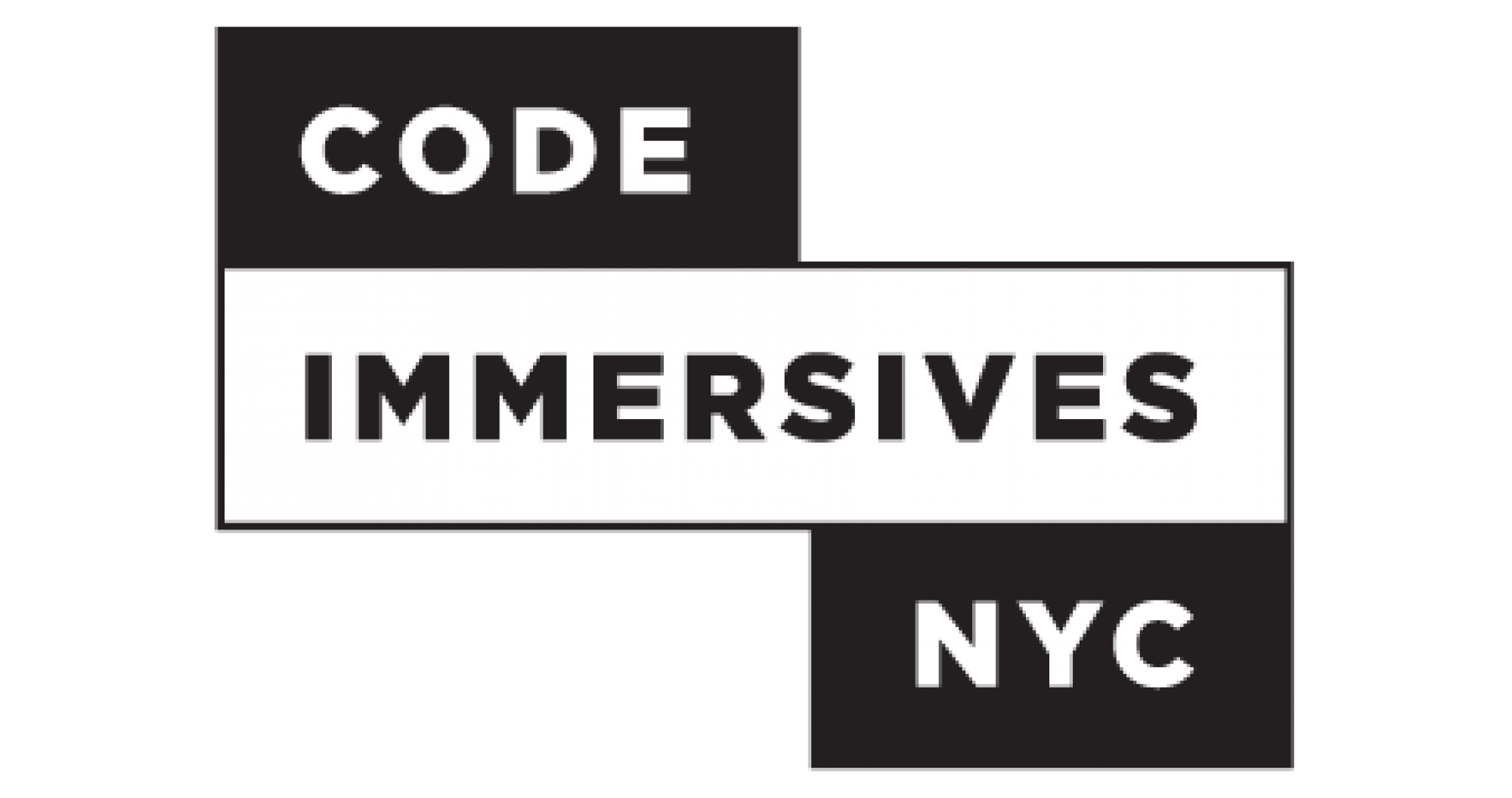
FAFSA School Code 04206200
DFA Code Immersives participates in Title IV Federal Student Financial Assistance programs. Students who are U.S. citizens or permanent residents may qualify for one or more of the following financial assistance programs. To apply for financial aid, students must complete the “Free Application for Federal Student Aid (FAFSA), which is available through the Financial Aid Office or online at www.fafsa.ed.gov. Financial Aid Administrators are available at each campus to assist students with their financial aid applications and questions.
Eligibility Requirement
Student financial aid applicants must satisfy certain eligibility requirements in order to be able to receive and continue to use financial aid. These requirements include, but are not limited to: fulfillment of all admission requirements; submission of all documentation requested by the school or lender(s) or both; satisfactory academic progress in accordance with school policy; completion of “aid specific” requirements, such as entrance and exit loan counseling; and remain a student in good academic standing. In addition, graduating students who received student loans must attend exit loan counseling sessions and meet all other graduation requirements before they will be considered a graduate and awarded a credential. Withdrawing students who used any loans must attend exit counseling.Federal Pell Grant
The Federal Pell Grant program is the foundation of the federal government’s financial aid programs. The Pell Grant, unlike the loan, does not have to be repaid. If qualified, the Pell Grant amount will be determined by formulas established by the U.S. Department of Education. Please check with the Financial Aid Office for award minimums and maximums.Federal Plus Loan
Federal PLUS Loans are for parents to borrow to help pay for their children’s education. These loans enable parents with good credit history to borrow for each dependent. Federal PLUS Loans must be repaid. Repayment generally begins 60 days after the loan is fully disbursed. The maximum amount that a parent can borrow on behalf of their child is the difference between the cost of attendance and other aid received (including room and board).Federal Direct Stafford Loan Program (subsidized and unsubsidized)
A student loan is a low-interest loan made to you by the U.S. Department of Education. Funds are paid to the student by the federal government through a direct credit to the student’s account. The eligibility and annual maximums for the Federal Direct Student Loan (FDSL) Programs and Federal Direct PLUS Loan Programs are established by federal regulation. Federal Direct Stafford Loans are low‐interest loans made to students attending school at least halftime. Federal Direct Stafford Loans, unlike grants, are borrowed money that must be repaid, with interest and payments normally beginning six months after leaving school. The amount of each payment depends on the size of the debt and the ability to pay. Students can qualify for a Federal Direct Subsidized Loan based upon financial need, as determined by the FAFSA. The need-based loan (referred to as “subsidized”) offers in-school interest subsidies by the federal government. In addition, students may qualify for a non-need Federal Direct Unsubsidized Stafford Loans (referred to as “unsubsidized”). These loans do not offer interest subsidies. It is possible for students to have both subsidized and unsubsidized Federal Direct Stafford Loans. Loan Limits: An independent undergraduate and dependent students whose parents are unable to borrow a PLUS loan can borrow up to $3,500 from the subsidized loan and up to $6,000 from the unsubsidized loan for the first academic year. Student loan programs are also subject to total (aggregate) borrowing limits. These limits include all loans that the student has borrowed while attending any school. The maximum aggregate loan limits for dependent undergraduate students are $23,000 from the subsidized loan and $31,000 from the unsubsidized loan program. Independent undergraduate students and dependent students who are unable to borrow from the PLUS programs have aggregate limits of $23,000 from the subsidized loan and $57,500 from the unsubsidized loan program. All students are required to participate in an Entrance and Exit Interview to ensure the student fully comprehends the rights and responsibilities of a borrower loans begins six months after ceasing enrollment. Repayment on unsubsidized loans including interest also begins six months after ceasing enrollment, but interest begins accruing at time of first disbursement. Students may choose to repay the accrued interest while in school which reduces the cost of borrowing. If the borrower chooses not to pay the interest on the unsubsidized loan while in school, the interest will be capitalized (added to the principal) and the new loan amount will begin to accrue interest costing the borrowing more over the life of the loan.Academic Standards Related to Federal Financial Aid
In order to continue to qualify for federal financial aid programs, students must maintain satisfactory academic progress standards. These standards are outlined in the Academic Standards and Policies section of the school catalog. Students not meeting these standards will be placed on Academic Probation. A student on Academic Probation is eligible to receive aid during the probationary period. If at the end of the probationary period the student has not achieved satisfactory academic progress, he/she will be ineligible to participate in Federal Aid programs. NOTE: New York — The failure of a student to immediately notify the Executive Director in writing of the student’s intent to withdraw may delay a refund of tuition to the student pursuant to Section 5002 (3) of the New York Education law. Contact Information for the DFA Student Loan Ombudsman’s Office
- Via e-mail: [email protected]
- Via on‐line assistance: www.ombudsman.ed.gov
- Via telephone: 877.557.2574 (toll free) or 202.377.3800
- Via fax: 202.275.0549
- Via mail: U.S. Department of Education DFA Ombudsman 830 First Street, N.E. | Washington, D.C. 20202-‐5144
© 2024 codeimmersive
